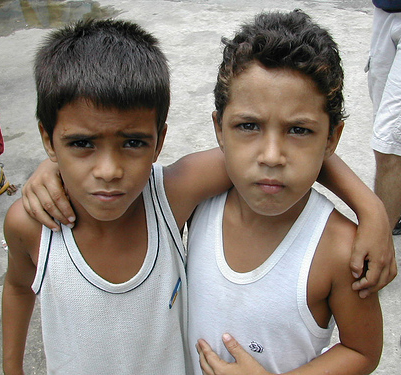FORUM: How do you assess the level of “risk” in your mentees?
During last week’s webinar on the recent Role of Risk study, there was an excellent discussion about how to define “risk” in a young person’s life and how those factors might influence their mentoring relationship and even a program’s design and delivery. All young people face some level of risk or deal with a few […]









